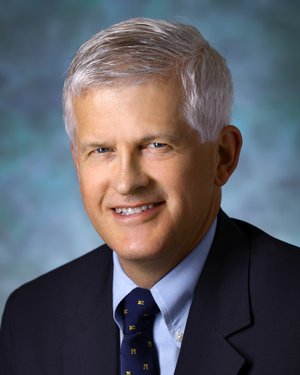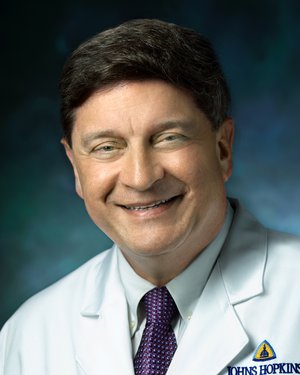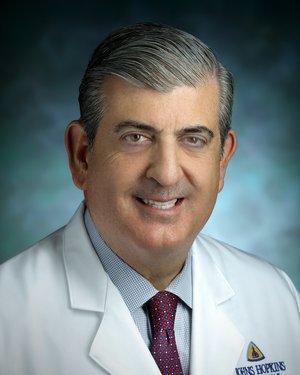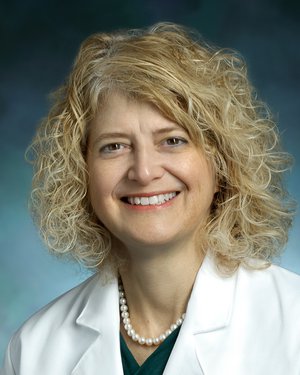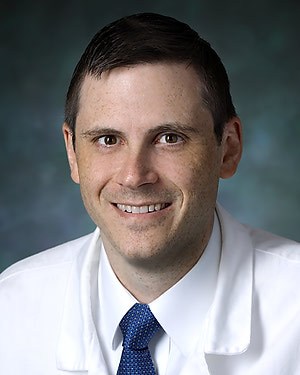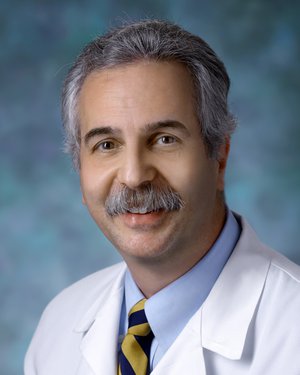Research Lab Results
-
The Functional Neurosurgery Lab
The studies of the Functional Neurosurgery Lab currently test whether neural activity related to the experimental vigilance and conditioned expectation toward pain can be described by interrelated networks in the brain. These two psychological dimensions play an important role in chronic pain syndromes, but their neuroscience is poorly understood. Our studies of spike trains and LFPs utilize an anatomically focused platform with high temporal resolution, which complements fMRI studies surveying the whole brain at lower resolution. This platform to analyze the oscillatory power of structures in the brain, and functional connections (interactions and synchrony and causal interactions) between these structures based upon signals recorded directly from the waking human brain during surgery for epilepsy and movement disorders, e.g. tremor. Our studies have demonstrated that behaviors related to vigilance and expectation are related to electrical signals from the cortex and subcortical structures. These projects are based upon the combined expertise of Dr. Nathan Crone in recordings and clinical management of the patients studied; Dr. Anna Korzeniewska in the analyses of signals recorded from the brain; Drs. Claudia Campbell, Luana Colloca and Rick Gracely in the clinical psychology and cognitive neurology of the expectation of pain and chronic pain; Dr. Joel Greenspan in quantitative sensory testing; and Dr. Martin Lindquist in the statistical techniques. Dr. Lenz has conducted studies of this type for more than thirty years with continuous NIH funding. -
Functional Neurosurgery Laboratory
The research goals of the Functional Neurosurgery Laboratory include the development of computational models to understand how brain function is affected by neurological conditions and how this abnormal function might be corrected or minimized by neuromodulation through electrical stimulation. The lab uses data collected from patients during epilepsy monitoring or in the operating room during DBS procedures to construct and calibrate the computational models. The models can be manipulated to explore functional changes and treatment possibilities. The other primary goal of the laboratory is the development of a neuromodulation system that applies stimulation pulses at specific phases of brain oscillatory activity. This technique is being explored in the context of Parkinson's disease as well as memory function, and may lead to less invasive therapeutic treatment system with more effective stimulation. -
Minimally Invasive Neurosurgery
Directed by Alan R. Cohen MD, Carson-Spiro Professor of Neurosurgery, Oncology and Pediatrics, the laboratory is focused on developing novel instruments and approaches to enhance the safety and efficacy of neurosurgical procedures. Current investigations include work in microsurgery, endoscopy, image guidance and robotic surgery. A cadaveric Skills Lab offers training in neurosurgical techniques. -
Minimally Invasive Neurosurgery Lab
Directed by Alan R. Cohen, M.D., Carson-Spiro Professor of Neurosurgery, Oncology and Pediatrics, the laboratory is focused on developing novel instruments and approaches to enhance the safety and efficacy of neurosurgical procedures. Current investigations include work in microsurgery, endoscopy, image guidance and robotic surgery. A cadaveric skills lab offers training in neurosurgical techniques. -
Athir Morad Lab
Research in the Athir Morad Lab primarily focuses on perioperative pain management for neurosurgery patients. Our team has conducted two randomized controlled trials to assess the efficacy of patient-controlled analgesia (PCA) following craniotomy. Our current research includes studies on the safety of opioid administration following craniotomy through the use of end-tidal CO2 detection, as well as research into the use of transcortical magnetic stimulation (TMS) for managing pain after spine surgery. -
Neuro-Oncology Surgical Outcomes Laboratory
Directed by Debraj “Raj” Mukherjee, MD, MPH, the laboratory focuses on improving access to care, reducing disparities, maximizing surgical outcomes, and optimizing quality of life for patients with brain and skull base tumors.
The laboratory achieves these aims by creating and analyzing institutional and national databases, developing and validating novel patient-centered quality of life instruments, leveraging machine learning and artificial intelligence platforms to risk-stratify vulnerable patient populations, and designing novel surgical trials to push the boundaries of neurosurgical innovation.
Our research also investigates novel approaches to improve neurosurgical medical education including studying the utility of video-based surgical coaching and the design of new operative instrumentation.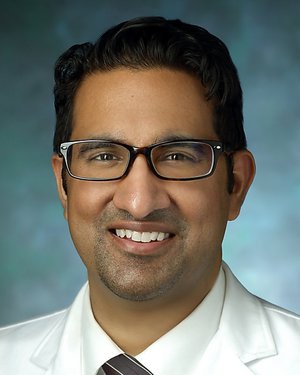
-
HEPIUS Innovation Lab
Led by Drs. Nicholas Theodore and Amir Manbachi, the HEPIUS team unites neurosurgeons, biomedical engineers, scientists, radiologists and other physicians to treat and diagnose spinal cord injuries -
Pediatric Cerebral Palsy and Epilepsy Lab
The team headed by Shenandoah “Dody” Robinson, M.D., professor of neurosurgery, neurology and pediatrics, studies perinatal brain injury and repair. Employing developmentally age-appropriate models, the lab investigates neurological consequences of extremely preterm birth, including cerebral palsy, chronic pain, cognitive and behavioral impairment, epilepsy and posthemorrhagic hydrocephalus of prematurity. -
Chordoma Lab
Chordoma research is led by a comprehensive team including Gary Gallia, M.D., director of the Neurosurgery Skull Base Tumor Center. The laboratory focuses on developing new therapies for brain and skull base tumors, and has established the first primary skull base chordoma xenograft mouse model. The team is also exploring high throughput drug screening using the chordoma model, and the molecular pathways responsible for tumor maintenance and growth. -
Vascular Neurology Lab
Vascular research led by Rafael Tamargo, M.D., the Walter E. Dandy Professor of Neurosurgery, explores treatment of aneurysms, arteriovenous malformations, cavernous malformations, and arteriovenous fistulas of the brain and spinal cord. Basic science research has focused on endothelial cell-leukocyte interactions (inflammation) after subarachnoid hemorrhage and identifying drugs that might inhibit this inflammatory response as well as the narrowing of blood vessels.

